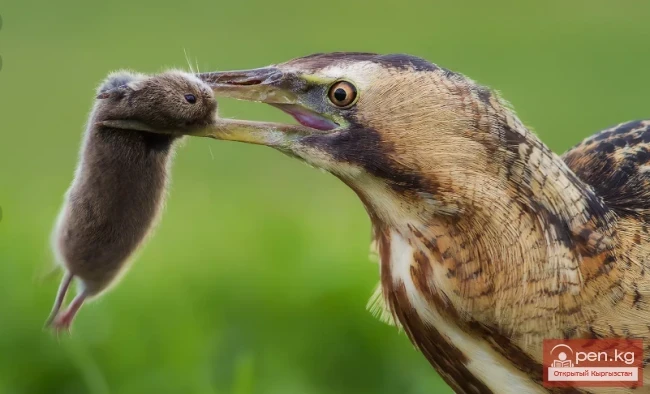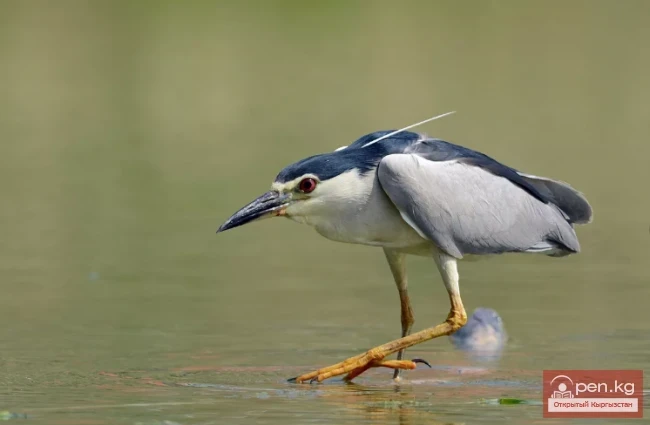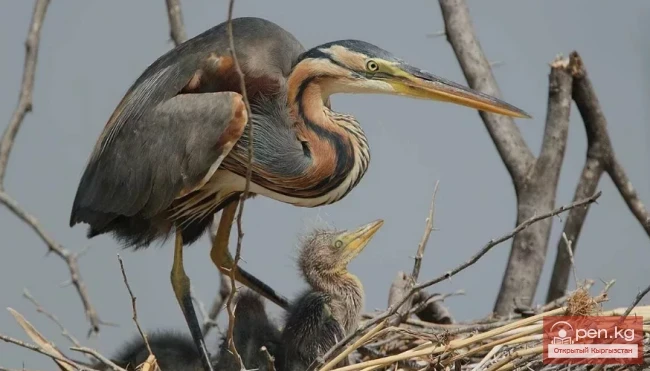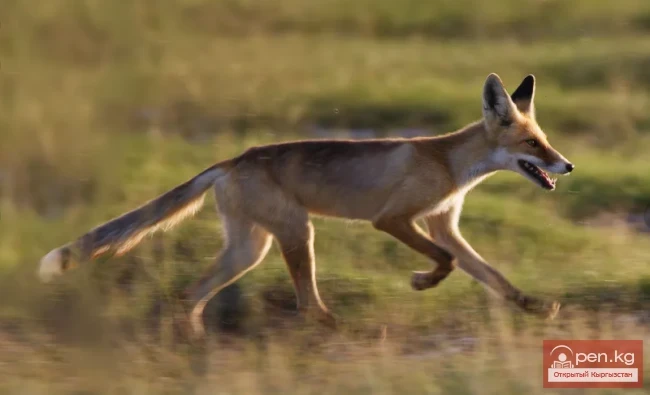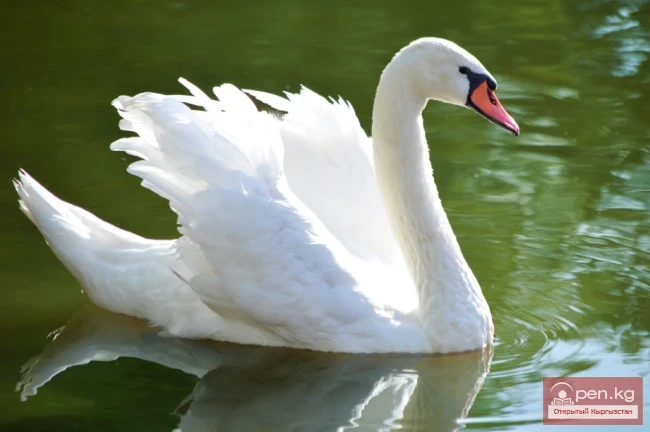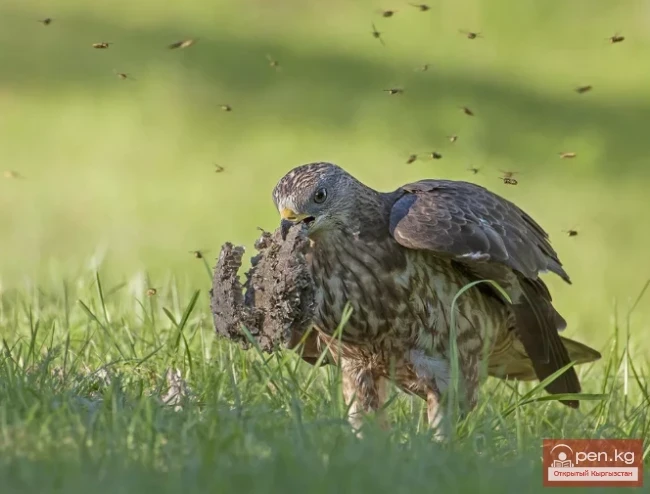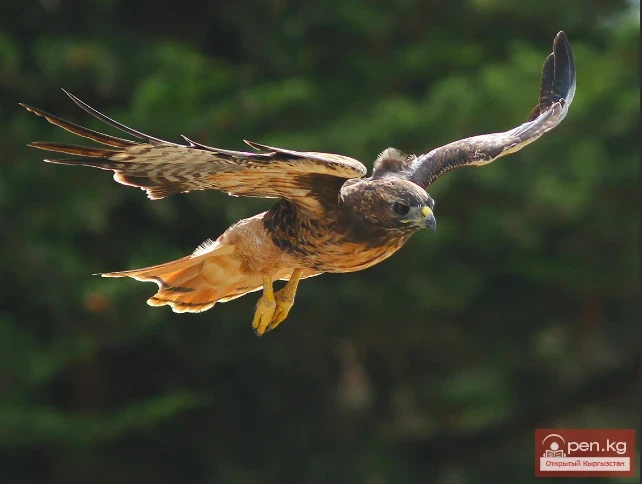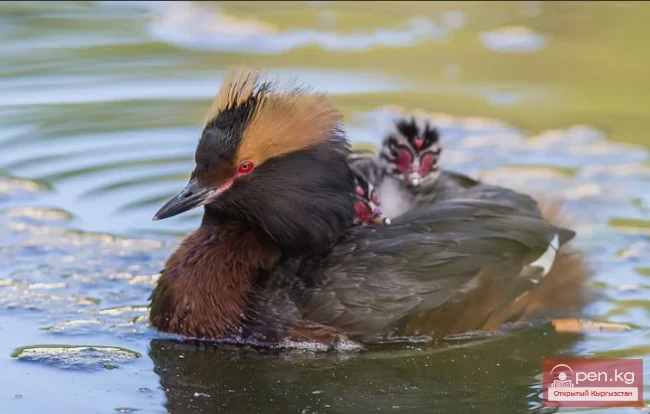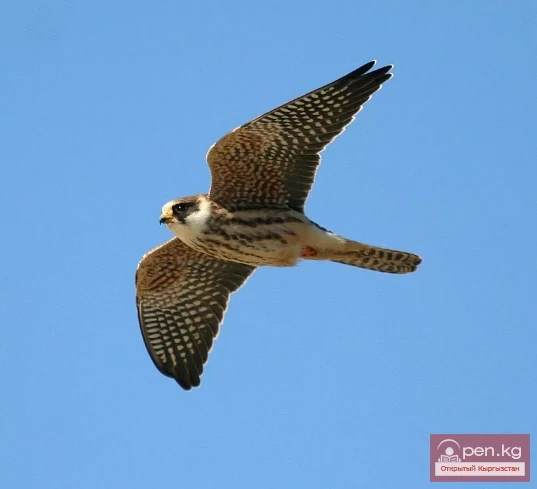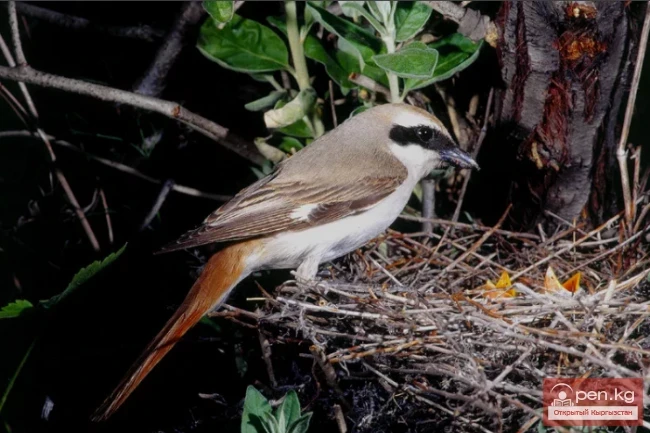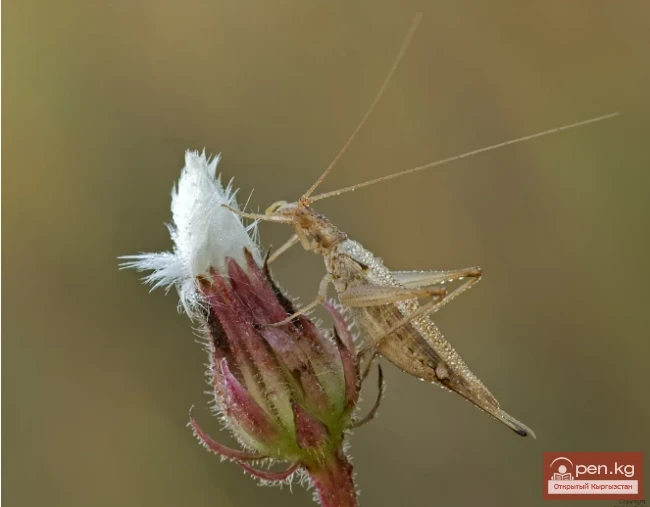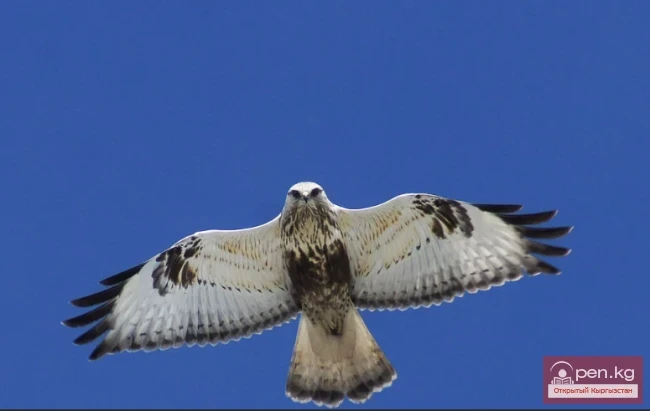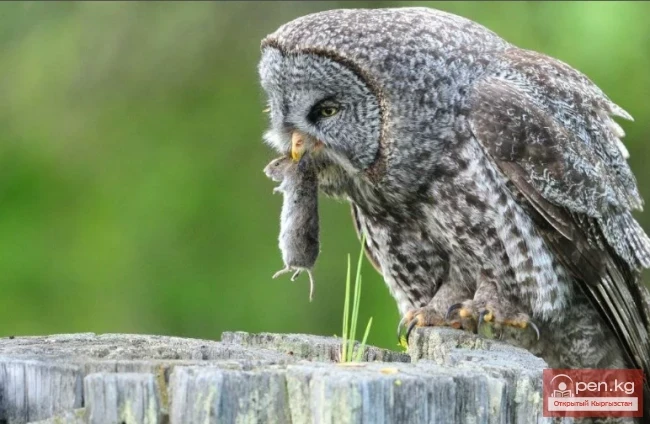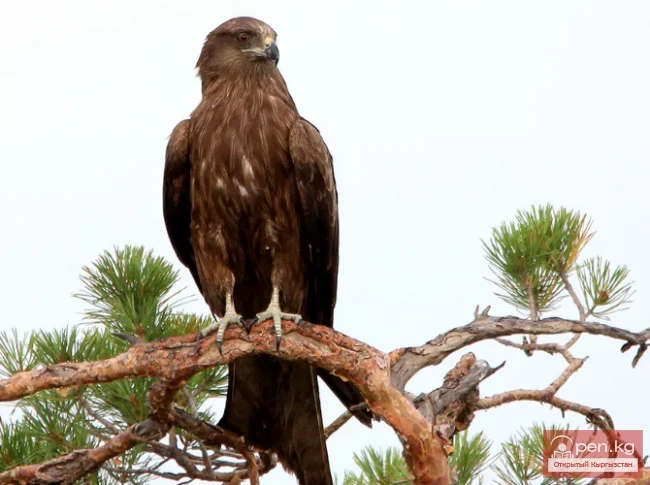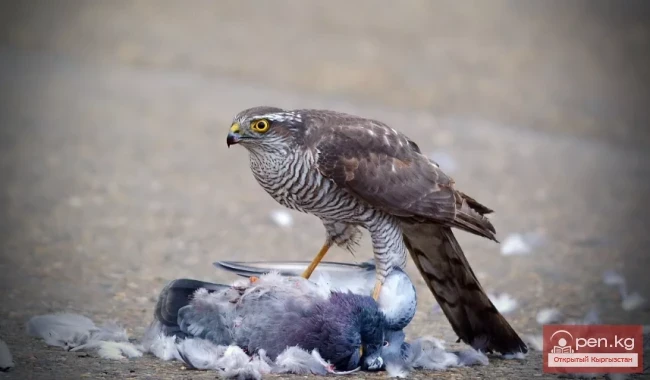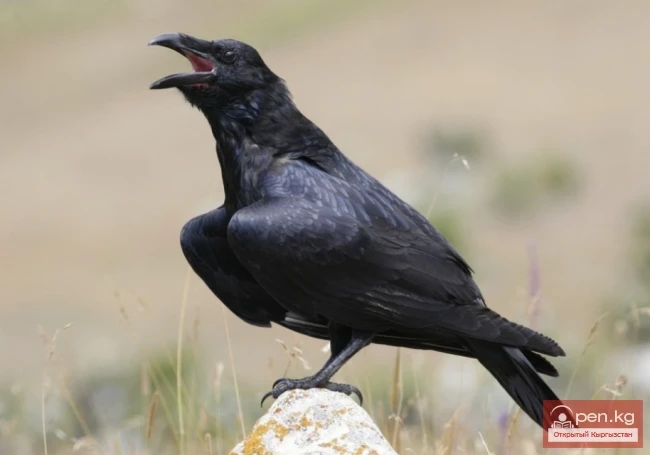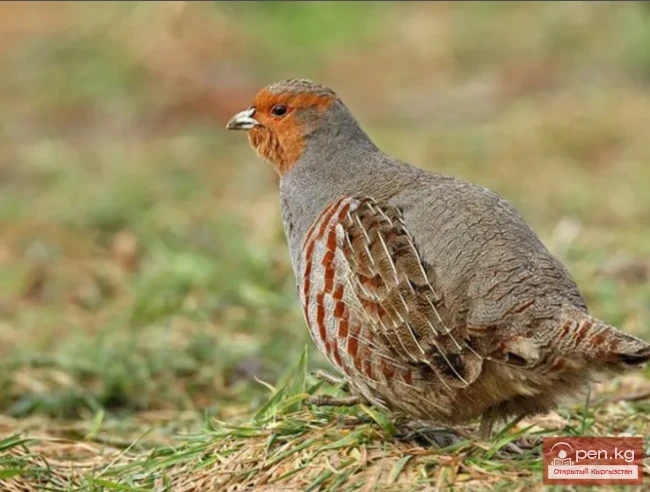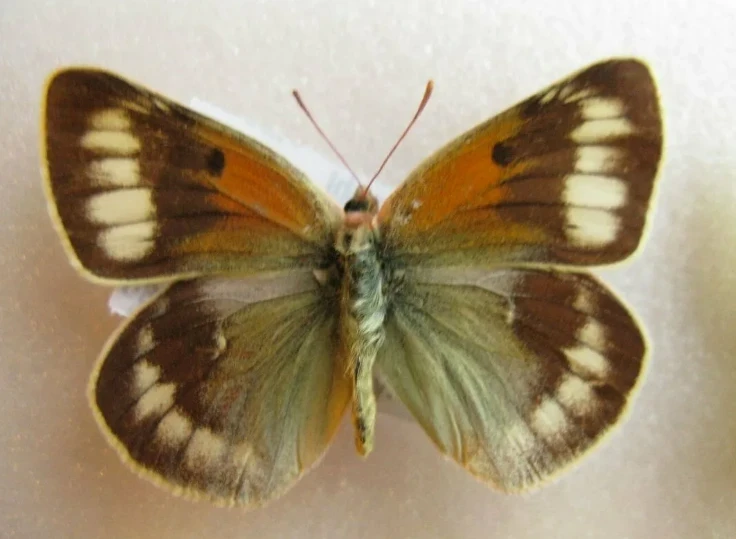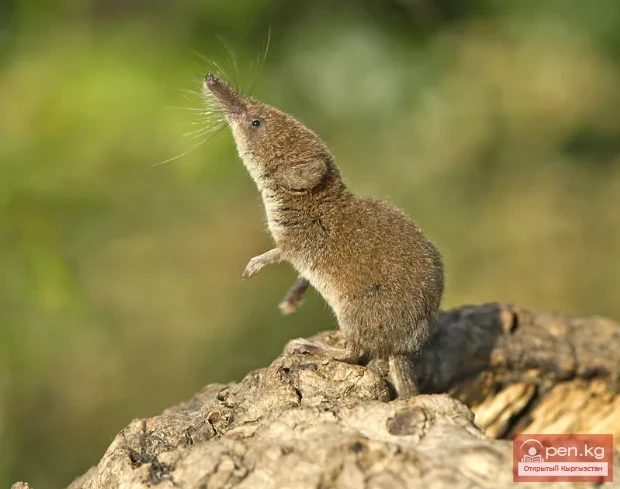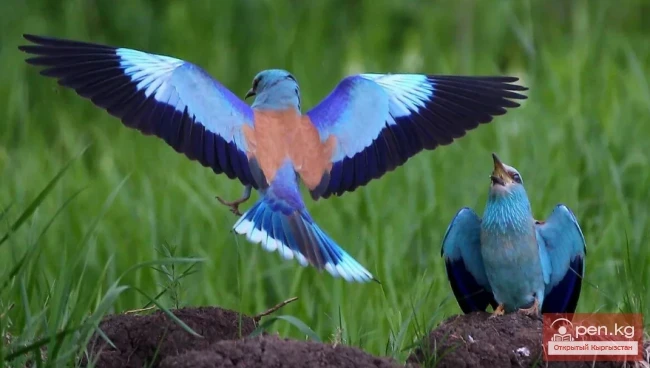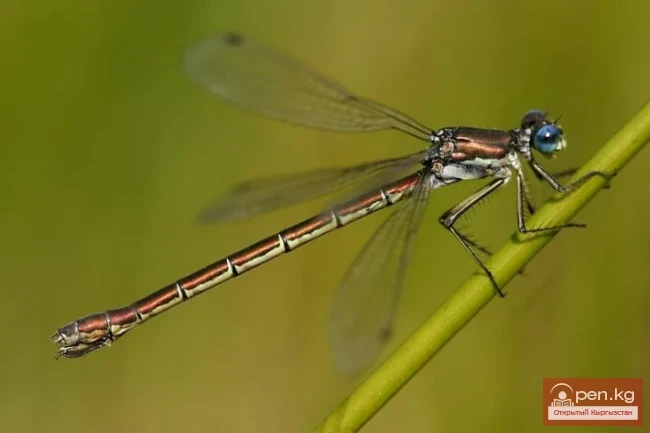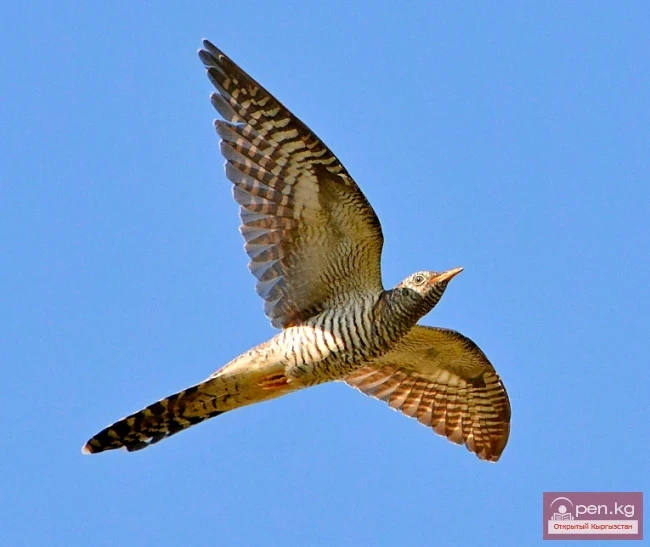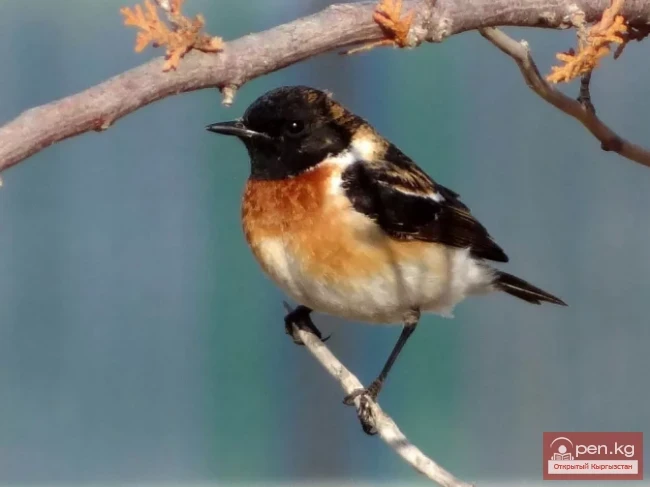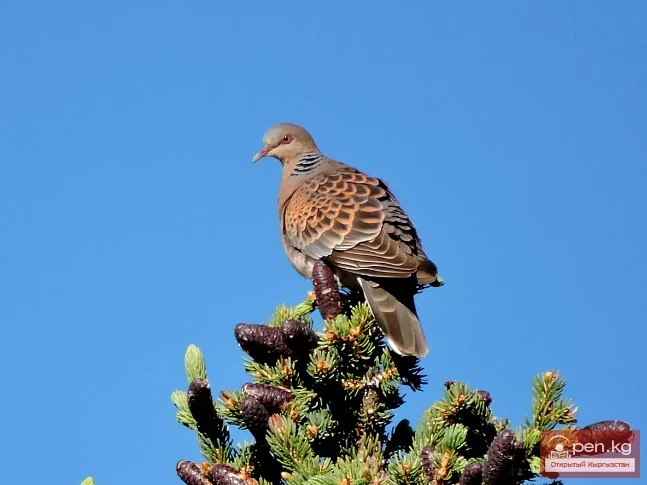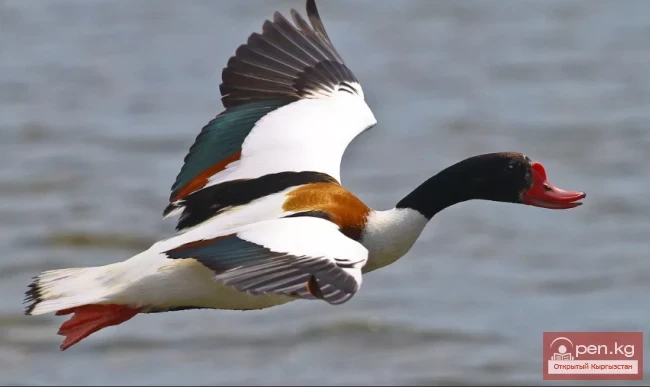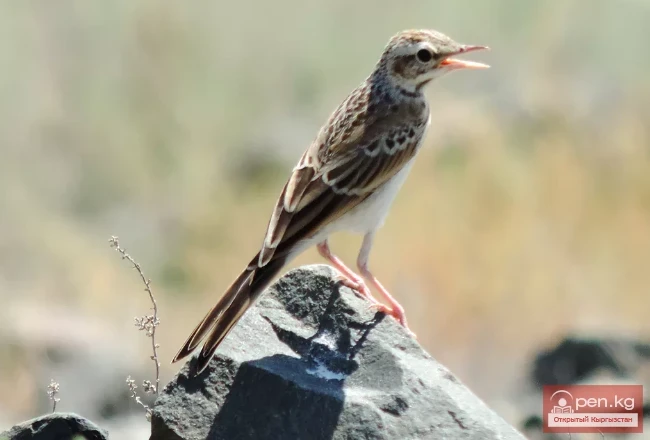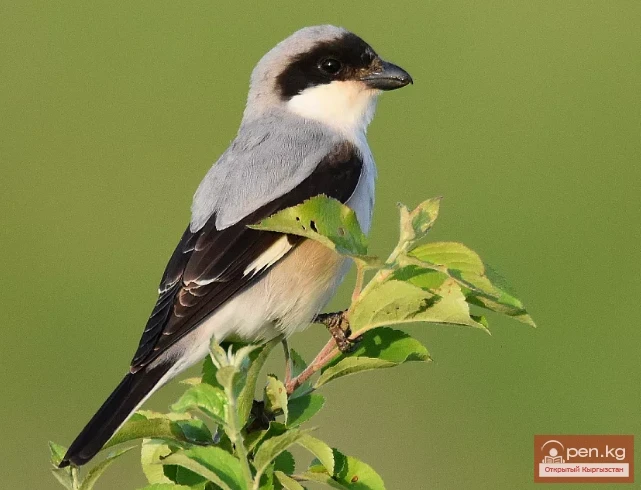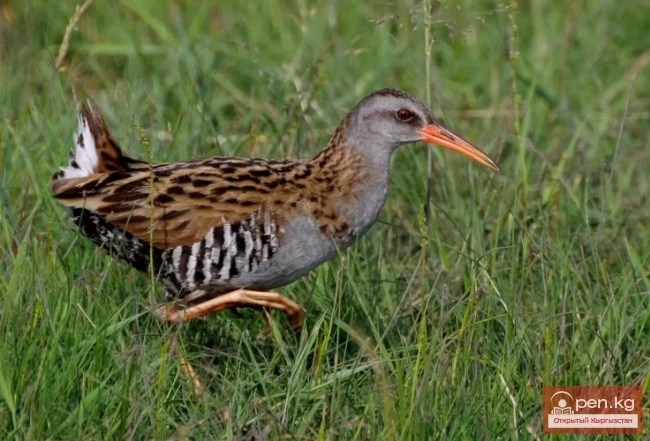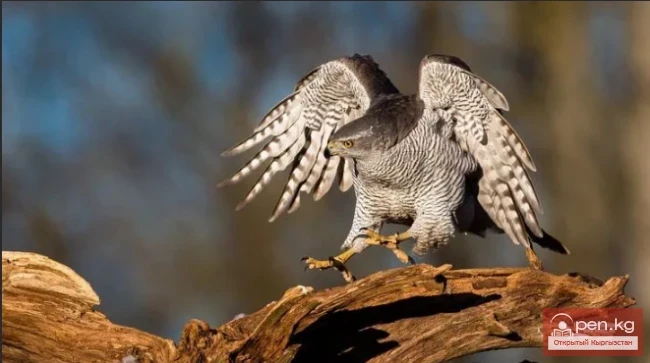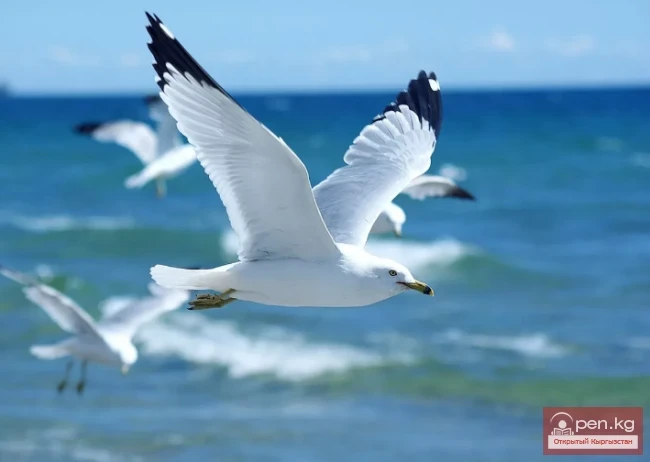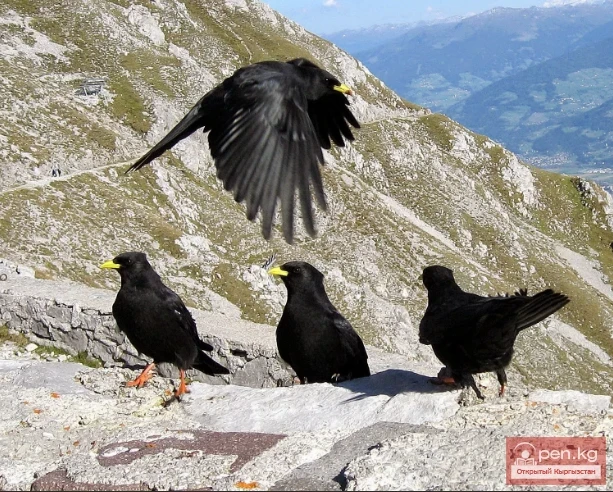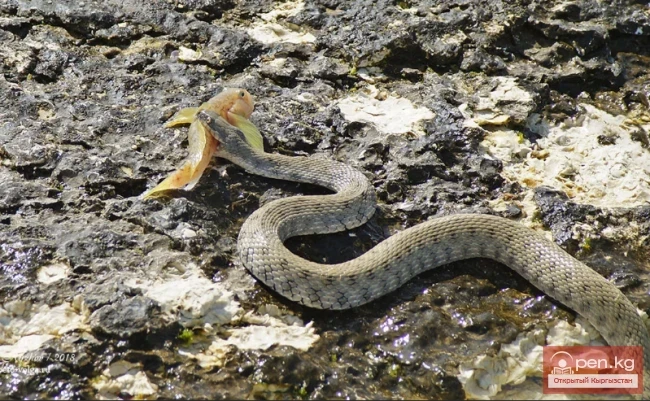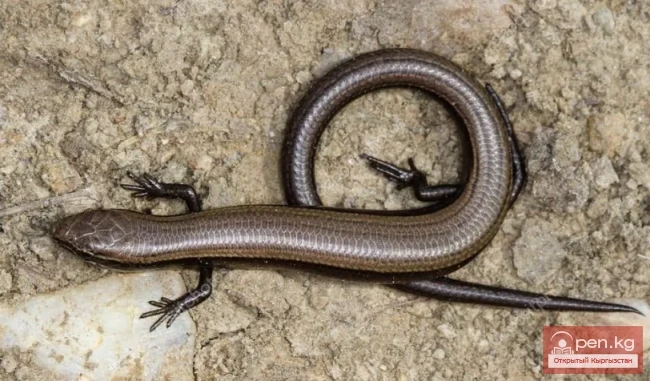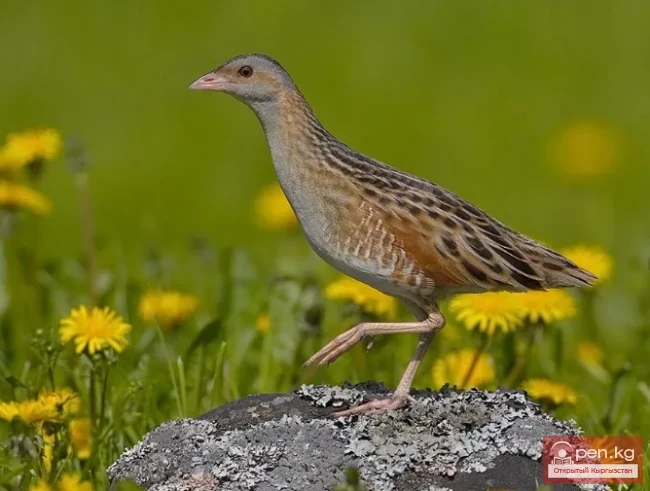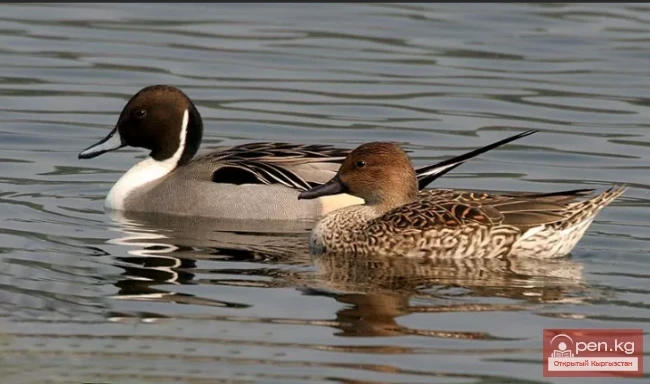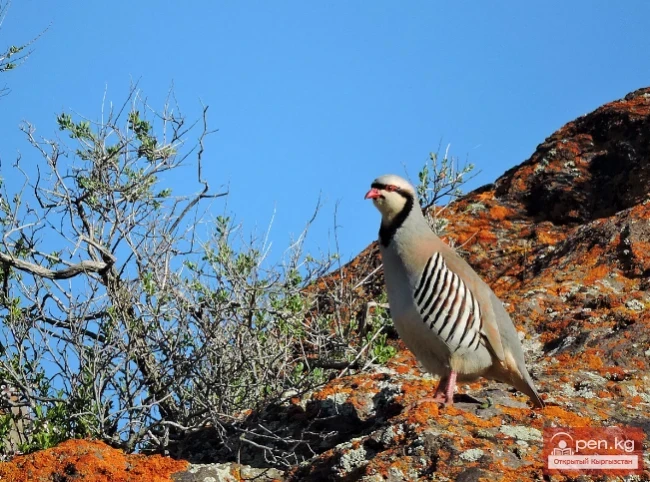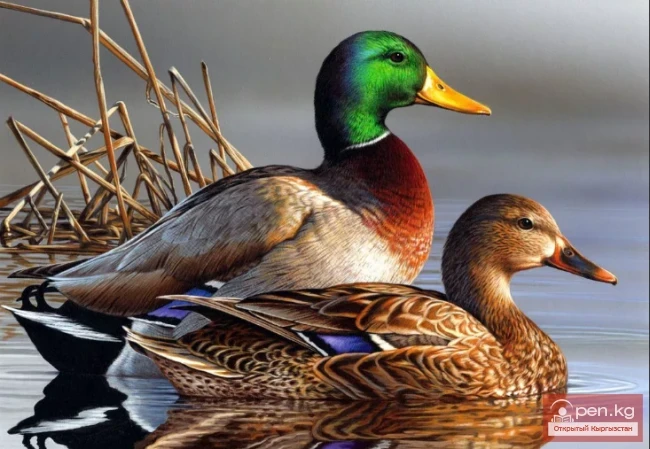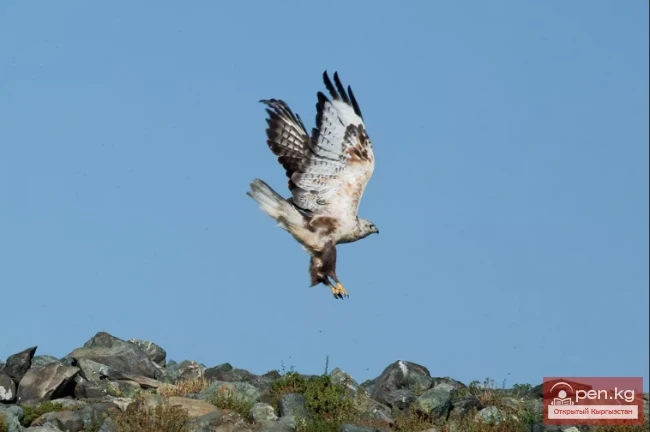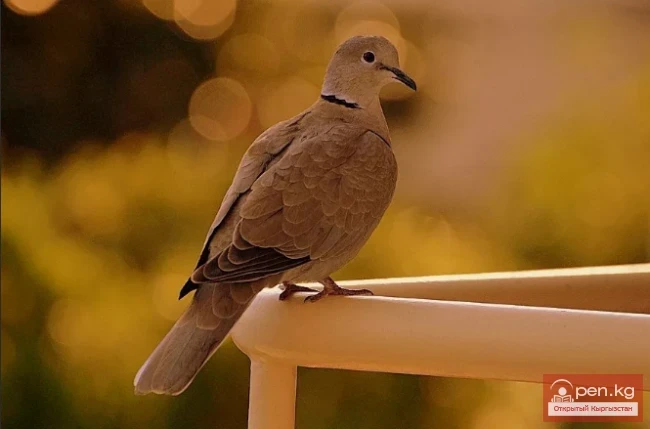Bittern (Great, Little) - Kol bukasy, Kidik kol buka
The bittern is a common name for a number of birds in the subfamily Botaurinae of the heron family. The Russian name is related to the words "to howl" and "to wail" — the loud voice of representatives of the genus Great Bitterns (lat. Botaurus) resembles the roar of a bull (for this same feature, the great bittern is called "bugay" in Russian, Ukrainian, and Belarusian, meaning bull or water bull). The little bittern is named for its external similarity to the great bittern, while other species in the genus Little Bitterns are named for their resemblance and relation to the little bittern.
The male great bittern weighs about 1 kg, sometimes up to 1.9 kg, and stands up to 70 cm or more, with females being somewhat smaller. The average wing length for males is 34 cm, and for females, it is 31 cm. The great bittern is a notorious predator. It mainly feeds on frogs, insects, and fish, but can easily eat a rodent or even a smaller bird if the opportunity arises. The bittern has a very long neck, like all herons. Two photos are combined to demonstrate how much it can stretch its neck.
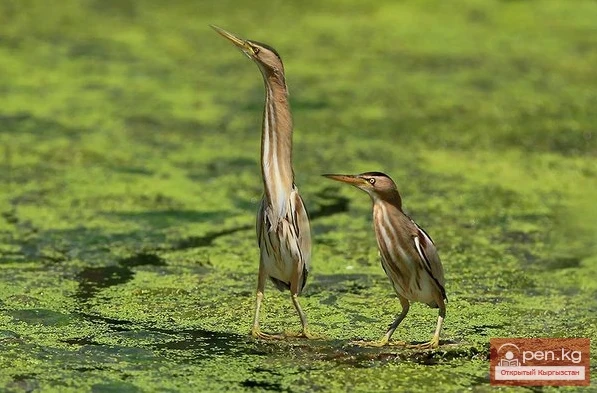
The little bittern, or Wolfchok, is the smallest representative of herons in our fauna, not exceeding the size of a hooded crow, with a body length of 33–38 cm, a weight of 100–150 grams, and a wingspan of 52–58 cm. It has a light and slender build, with very long toes, and a long, thin beak. It skillfully climbs the stems of reeds and branches of bushes, grasping them with its toes, but is most often seen flying low over water or over thickets. Compared to the bittern, it is far less secretive and much more often allows itself to be seen, although when in danger, it can also take a "crouching position" with its neck and head extended upwards. It is active during the day and at dusk.
The little bittern is the only representative of the order Ciconiiformes in which the male and female differ in coloration.
The male little bittern has a black cap with a greenish sheen on its head, wings, and back, while its head and neck are creamy white, and its belly is ochre with whitish feather tips. Its beak is yellowish-green. The female has a brown back with mottling, and its belly, head, and neck are ochre. The female's beak is yellow with a brown tip.
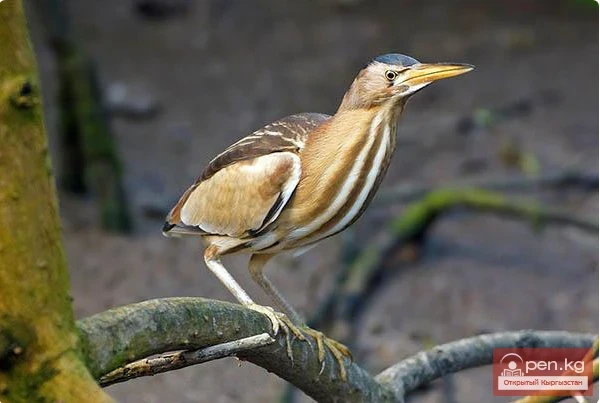
Bitterns inhabit bodies of water with still water or slow currents, overgrown with reeds and bulrushes.
The bittern primarily feeds on various fish. It also eats frogs, newts, aquatic insects, worms, and tadpoles. Occasionally, it catches small mammals. The parents mainly feed the chicks with tadpoles.
Bitterns begin nesting very unevenly even in the same area. They build their nests on protruding hummocks in the water, always in dense thickets. The nest diameter is about 50 cm, and the height is about 35 cm. The clutch usually contains 3–7 eggs. The female lays eggs at intervals of 2–3 days, but begins incubating immediately after laying the first egg. The female primarily incubates the eggs, with the male occasionally taking over. After 25–26 days, the chicks hatch. The chicks in the bittern's nest are of different ages. Both parents feed them together. The chicks leave the nest at 2-3 weeks of age. They hide in the reeds, and the parents continue to bring them food as before. By the age of 2 months, the chicks can already fly. Soon after the chicks take to the wing, the family disperses.
Red Book
